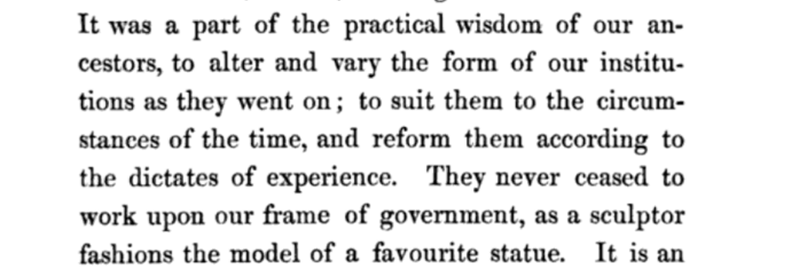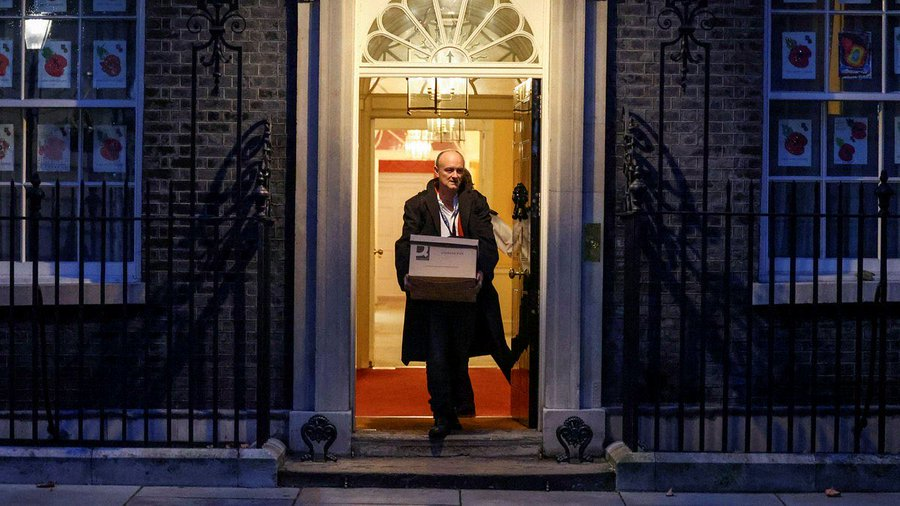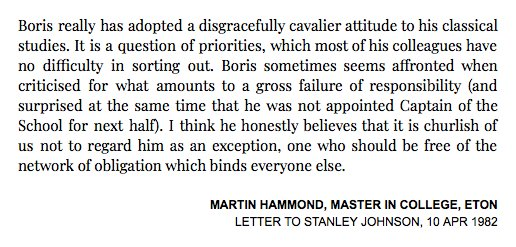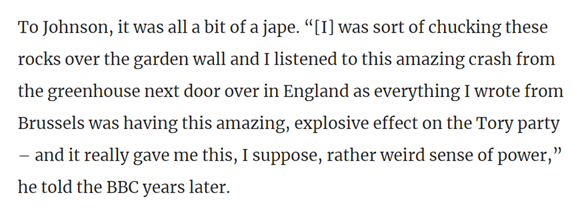
Every healthy democracy in the world imposes checks & balances on the exercise of power. Those checks may be constitutional, legal, conventional or merely ethical, but they're crucial if democracy is not to become the tyranny of the largest faction. How are they faring in the UK?
2. Since taking power in 2019, the Johnson govt has:
- unlawfully suspended Parliament
- threatened to ignore legislation
- imposed its own chairs on Select Committees
- switched off the hybrid Parliament
- overseen a huge expansion in lawmaking by ministerial decree
[cont...]
- unlawfully suspended Parliament
- threatened to ignore legislation
- imposed its own chairs on Select Committees
- switched off the hybrid Parliament
- overseen a huge expansion in lawmaking by ministerial decree
[cont...]
3. cont...
- attacked "activist" judges & "do-gooder" lawyers
- tried to lift itself above international law
- sought to curtail judicial review
- torn up the Ministerial Code
- suspended procurement rules
-expelled 22 MPs for disloyalty & pledged a "hard rain" for civil servants
- attacked "activist" judges & "do-gooder" lawyers
- tried to lift itself above international law
- sought to curtail judicial review
- torn up the Ministerial Code
- suspended procurement rules
-expelled 22 MPs for disloyalty & pledged a "hard rain" for civil servants
4. [cont...]
- boycotted leading broadcasters
- threatened Channel 4's broadcasting license
- tried to bar critical journalists from the lobby
- toyed with abolishing the Electoral Commission
- threatened to move the House of Lords 200 miles away from government
- boycotted leading broadcasters
- threatened Channel 4's broadcasting license
- tried to bar critical journalists from the lobby
- toyed with abolishing the Electoral Commission
- threatened to move the House of Lords 200 miles away from government
5. It is hard to think of a UK govt so determined to attack, ignore, marginalise or override any checks on its power. A party that wins 43.5% of the vote is entitled to the loudest voice in our democracy. It is not entitled to sweep aside every constraint on its conduct.
6. As usual, lots of Tory MPs seem to be telling journalists privately how concerned they are. It's time they located their backbones. One day, they will find themselves back in Opposition. And when that happens, they may rue the checks they have dismantled on executive power.
(As for Johnson's view of devolution...) bbc.co.uk/news/uk-politi…
• • •
Missing some Tweet in this thread? You can try to
force a refresh











